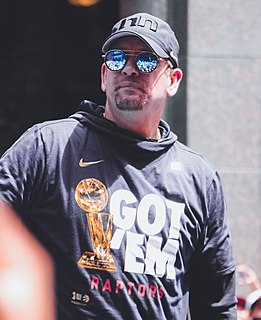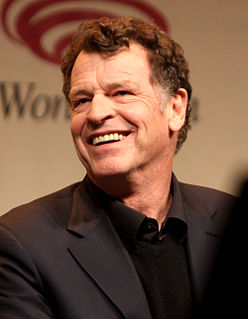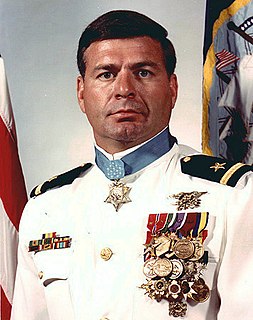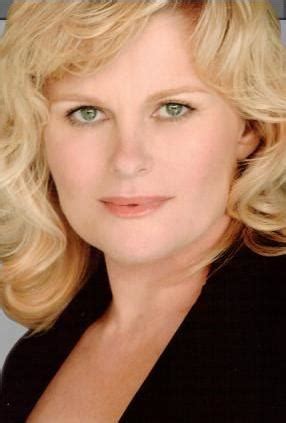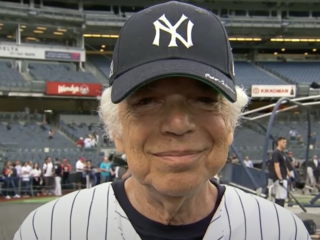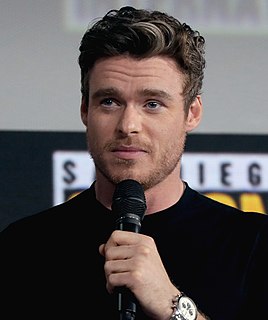A Quote by Donna Karan
There's such a void in the medical system. When my husband was sick, it became very apparent to me that the nurses were doing the doctor's job, and the doctors were doing the disease job, so no one was caring for the patient and the loved one.
Related Quotes
Doctor Johnson said, that in sickness there were three things that were material; the physician, the disease, and the patient: and if any two of these joined, then they get the victory; for, Ne Hercules quidem contra duos [Not even Hercules himself is a match for two]. If the physician and the patient join, then down goes the disease; for then the patient recovers: if the physician and the disease join, that is a strong disease; and the physician mistaking the cure, then down goes the patient: if the patient and the disease join, then down goes the physician; for he is discredited.
When I became White House press secretary, there were other limitations that were thrust upon me. Bill Clinton was under pressure to appoint women to visible positions. I was 31, I'd never worked in Washington. Was I ready for this large and visible job? Still he wanted the credit. So he gave me the job but diminished the job.
Nurses have new and expanding roles. They are case managers, helping patients navigate the maze of health care choices and develop plans of care. They are patient educators who focus on preventative care in a multitude of settings outside hospitals. And they are leaders, always identifying ways for their practice to improve. Because nurses have the most direct patient care, they have much influence on serious treatment decisions. It is a very high stakes job. Everyone wants the best nurse for the job, and that equates to the best educated nurse.
The only reason you even start a band is so you can hang out with your friends all the time, but somewhere along the line, it just ends up becoming a job. You were doing it because you were like, 'I never want to have to get a job,' then all of a sudden it becomes the biggest job you could ever imagine.
When I came to this country in 1958, to be a dying patient in a medical hospital was a nightmare. You were put in the last room, furthest away from the nurses' station. You were full of pain, but they wouldn't give you morphine. Nobody told you that you were full of cancer and that it was understandable that you had pain and needed medication.
I've always loved doing research. I remember doing a research project on the Babylonian numeral system in the eighth grade and thinking, 'This is pretty awesome - is this really a job you can have?' This led me toward a career as an academic, although it took me until college to realise that economics was the right field.



